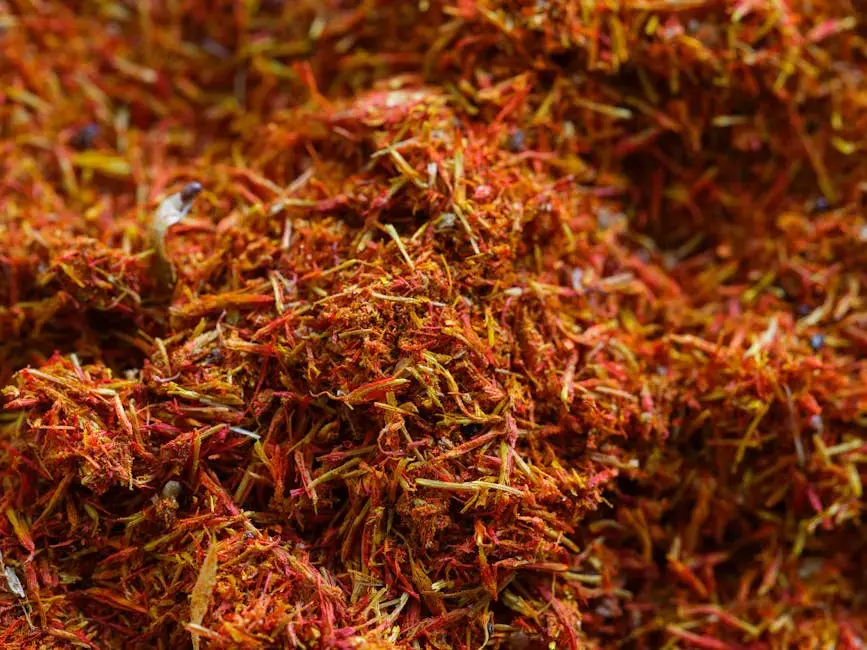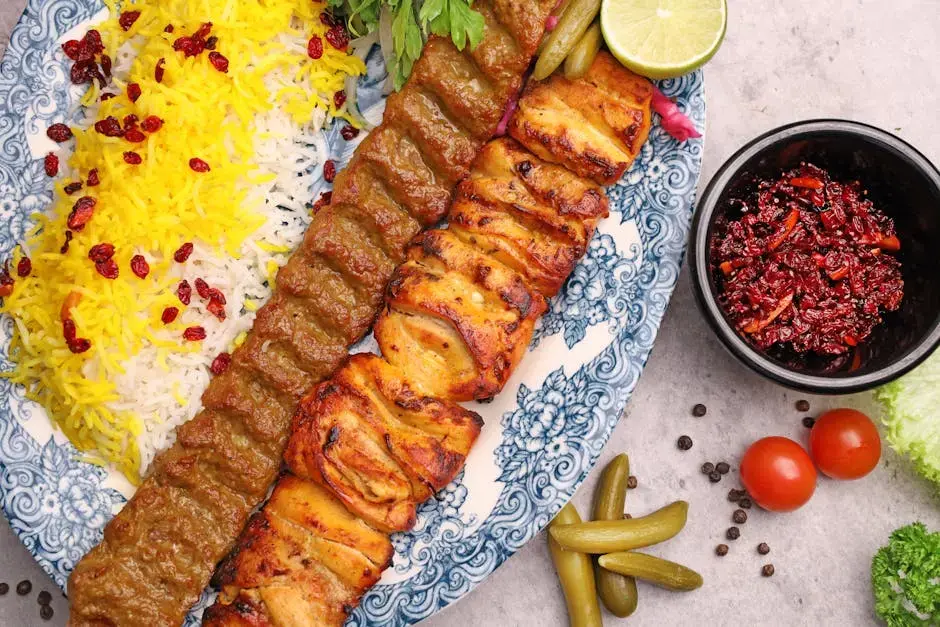Discover the Art of Perfect Kabob Grilling
- Chelo
- Apr 1, 2025
- 4 min read
Grilling the perfect kabob is more than just a cooking method—it's an art form. From choosing the right ingredients to mastering the grill, kabob grilling rewards those who approach it with passion and precision. In this guide, we'll explore the secrets to creating kabobs that burst with flavor and impress your guests with every bite.

Choosing the Right Ingredients
The foundation of a perfect kabob begins with high-quality ingredients. Start with fresh cuts of meat, such as chicken, beef, or lamb, and include an assortment of vegetables like bell peppers, onions, and zucchini. Don’t forget to consider marination to enhance flavors before grilling. When selecting meats, focus on cuts that are tender and juicy, as these will fare better on the grill. For beef kabobs, consider using sirloin or tenderloin; for chicken, thighs are excellent due to their higher fat content which keeps them moist. If you prefer lamb, choose leg or shoulder cuts. As for vegetables, try to match their cooking times with the meat to ensure each ingredient retains its natural taste and texture. Pairing the right vegetables with your meats not only adds color to your skewers but also introduces complementary flavors that enhance the overall culinary experience.
It’s essential to remember the role of seasonal ingredients. Fresh, seasonal produce can significantly elevate the taste of your kabobs. Not only do they provide vibrant colors and flavors, but they also support local farmers and ensure you're getting the freshest possible ingredients. Think of adding vegetables like summer squash in the warm months or mushrooms during the cooler seasons. A pro tip is to visit farmers' markets for inspiration and find out what is at its peak of freshness. The interplay between fresh meat and seasonal produce results in kabobs that are not just meals, but delightful visual and taste experiences.
Marinating for Maximum Flavor
A good marinade can be a game-changer for your kabobs. Learn how different combinations of spices, oils, and acidic components like lemon juice or vinegar can elevate the taste, tenderizing the meat while infusing it with flavor. A well-crafted marinade not only boosts the taste profile but also helps lock in moisture, ensuring your kabobs remain juicy. When crafting your marinade, balance is key. Aim to combine salty, sweet, sour, and umami flavors for a rich and complex taste. Oils like olive or sesame can add depth, while fresh herbs such as rosemary or cilantro can introduce unique aromatic notes.
The art of marinating extends beyond simple mixing of ingredients. Timing is crucial; while some meats can benefit from an overnight soak, others might only need a couple of hours. Over-marinating can break down proteins excessively, altering the texture. Chicken and fish typically require less marinating time compared to heartier meats like beef or lamb. A quick hack is to reserve some marinade before adding raw meat to it. This reserved portion can then be used to brush over the kabobs while grilling, adding layers of flavor with each application. Remember, a well-marinated kabob is the first step to a grilling masterpiece.
Skewering: Tips and Tricks
The way you skewer your kabobs can affect the cooking process. Use flat metal skewers to prevent rotation or double up on bamboo skewers to achieve better stability. Ensure an even distribution of ingredients for uniform cooking. When using bamboo skewers, it's a good idea to soak them in water for at least 30 minutes before use to prevent them from burning on the grill. Consider the arrangement of ingredients carefully. Alternating between meat and vegetables allows for a more even cook. Additionally, grouping similar items together can be beneficial. For example, denser vegetables like potatoes can be skewered separately as they require longer cooking times compared to something like cherry tomatoes or bell peppers.
Keep safety in mind when handling skewers. Sharp metal tips can easily cause injury, so always use caution when threading ingredients onto them. For those looking to add a creative twist, consider using rosemary sprigs as skewers. They not only add a rustic touch but also infuse the meat and vegetables with aromatic oils during grilling. Choosing to pair your kabobs with a homemade dipping sauce can also offer a dynamic finish, elevating your grilling experience even further.
Grilling Techniques for Perfection
Learn the difference between direct and indirect grilling and when to use each. Discover the ideal grilling times and temperatures for different kabob ingredients to ensure juicy, evenly cooked skewers. Direct grilling is perfect for smaller pieces of meat and vegetables, providing a quick cook that locks in juices. Meanwhile, indirect grilling is suited for larger cuts or when you wish to ensure the even cooking of mixed kabobs. The choice between gas and charcoal grills is often personal but being familiar with both can offer flexibility.
Temperature control is crucial for perfect kabobs. Use a grill thermometer to maintain an optimal heat around 350°F to 450°F, depending on the kabob type. The trick is to avoid excessive flipping. Allow each side to char slightly for that classic grill taste. And while it may be tempting, refrain from pressing the meat down as it loses juices. Instead, focus on achieving those beautiful grill marks, they don’t just look great, but also enhance the smoky flavor.
Creative Kabob Combinations
Step beyond traditional kabobs by experimenting with a variety of meat and vegetable combinations. Explore flavors from different cuisines and consider adding fruits like pineapple or mango for a sweet, unexpected twist. Mediterranean flavors can be introduced with ingredients like eggplant, feta, and olives, while Asian-inspired kabobs might include soy-marinated beef with bok choy. Don't be afraid to play with spices and herbs, from cumin and turmeric to basil and oregano; the possibilities are endless.
Consider surf and turf kabobs, combining shrimp and steak for an upscale meal option. Alternatively, for vegetarians, tofu or halloumi cheese offer a satisfying alternative to meat. These flexible combinations cater to a wide audience, allowing you to host impressive and inclusive barbecue gatherings. With a diverse platter, everyone finds something appealing, making kabob grilling a universally enjoyable affair.
Embrace the Kabob Grilling Journey
Mastering the art of kabob grilling is a journey worth taking. With the right preparation, grilling techniques, and flavorful combinations, you can create memorable meals that bring people together. Remember, the key is in the details and a willingness to experiment. So fire up the grill and embark on your kabob adventure!




Comments